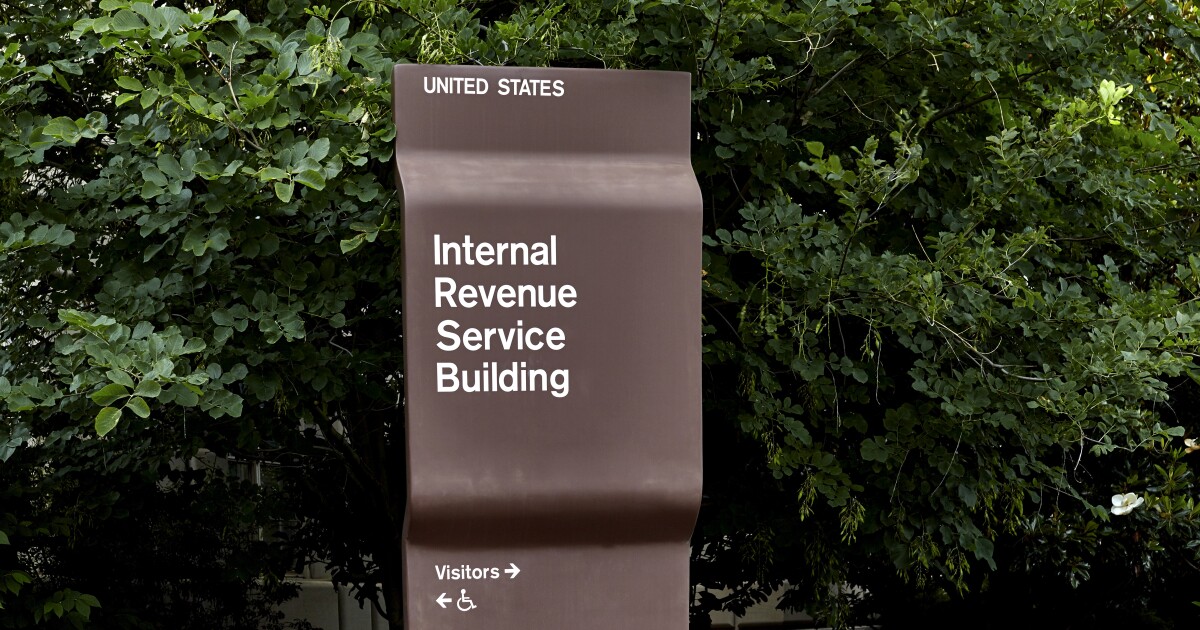Book with California taxes on a desk.
It is no secret that many people seek to avoid California taxes by moving right before a major income event. They might be selling a company or settling a big lawsuit. Done carefully and with the right kind of income, leaving California can cut the sting of California’s high 13.3% state tax. Yet even moving to avoid California taxes can be tough. A residency audit from the state’s notoriously aggressive Franchise Tax Board can sometimes mean that you didn’t cut your taxes after all.
Some Californians are unwilling to move, but hope to skip California taxes without moving. Let’s say you can’t move quite yet, so you wonder if a trust in another state might work? The usual grantor trust you form for estate planning doesn’t help, since the grantor must include the income on his return. They seek to wall off assets from California’s 13.3% tax rate via a ‘NING’, a Nevada Incomplete Gift Non-Grantor Trust. A ‘DING’ is its Delaware sibling. There is even a ‘WING,’ from Wyoming.
Although in some cases California can assess taxes no matter where you are, these trusts looked like a viable exception. The idea is that the trust itself will be taxed—but since the trust isn’t in California, there’s no California tax. The donor makes an incomplete gift—with strings attached—to the trust, and the trust has an independent trustee. The idea is to keep the grantor involved but not technically as the owner. New York State changed the law to make the grantor taxable on such trusts no matter what. For years, California’s Franchise Tax Board said it was studying the issue, but recently, California law was changed its law to follow New York’s lead.
That means under California law, income from these trusts will be taxed at the grantor level unless a limited exception applies. For years beginning January 1, 2023 and after, the income of these trust will be taxed as though it were a grantor trust. That means taxed to the grantor, the person still in California. See Cal. R&TC §17082. Will this new California tax law be challenged in court? It could be, but even it it is, such a challenge may not succeed.
That means if you have a NING, DING or WING, you should get some tax advice. Under the law, starting as of the beginning of 2023, these trusts are required to report the trust’s income on the grantor’s individual California income tax returns. Plus, the treatment of distributions from the trust remains subject to California’s current tax treatment of trust distributions. See Cal. R&TC §17745.
Looking on the bright side, though, estimated tax underpayment penalties will not apply to any underpaid estimated tax payments for the 2023 tax year. Cal. R&TC §§19136, 19136.3. Next year, these taxpayers will not be so lucky. The larger question is whether existing trusts should be changed or undone. It seems likely that creative estate planners are already at work looking for ways to ameliorate the sting of this key change in the California tax law. For one thing, the new law itself has limited exceptions. SB 131 allows an such trusts to avoid California taxation as a grantor trust for a years in which all of the following apply:
- The trust fiduciary makes a timely, irrevocable election on a California trust return to be taxed as a resident nongrantor trust in a time and manner to be determined by the FTB;
- The ING trust is a nongrantor trust pursuant to R&TC §17731; and
- At least 90% of the trust’s distributable net income is distributed or treated as being distributed to an IRC §501(c)(3) charitable organization.
Most trusts are not going to meet this narrow exception. And it could mean that some elaborate trusts will be reformulated or even scuttled entirely where possible. It could even mean that more people will leave California over taxes, trying to avoid costly tax mistakes.
Credit: Source link











